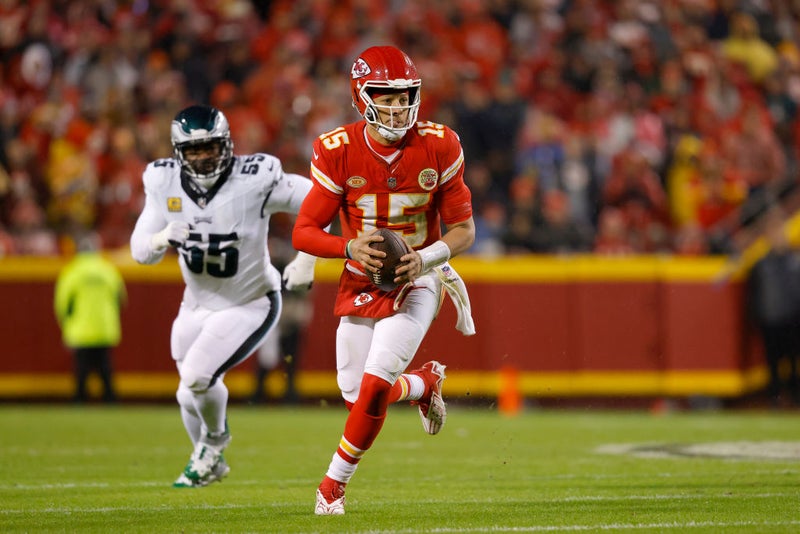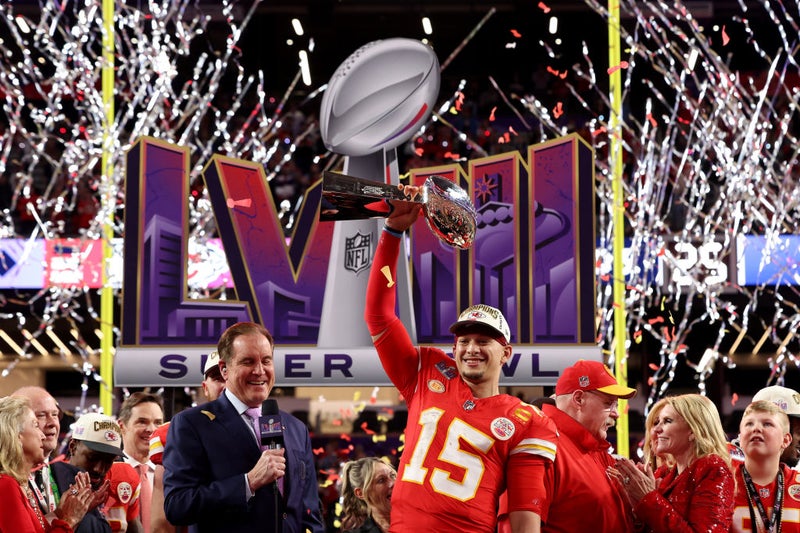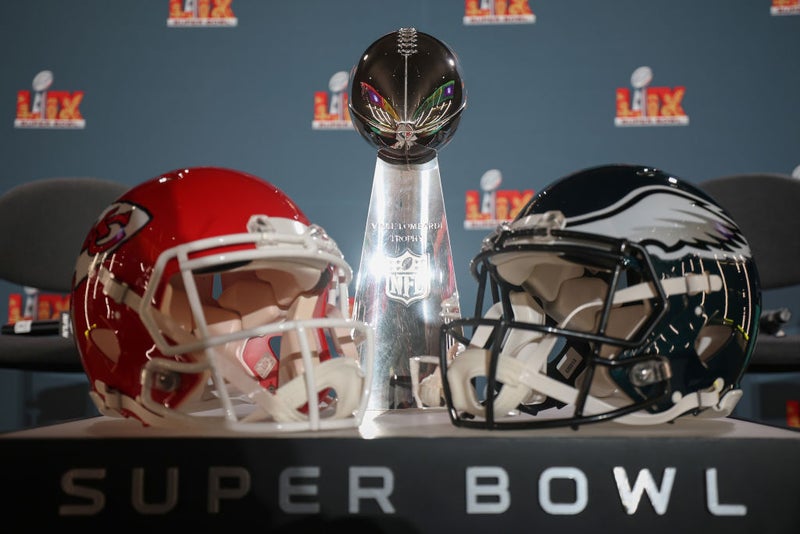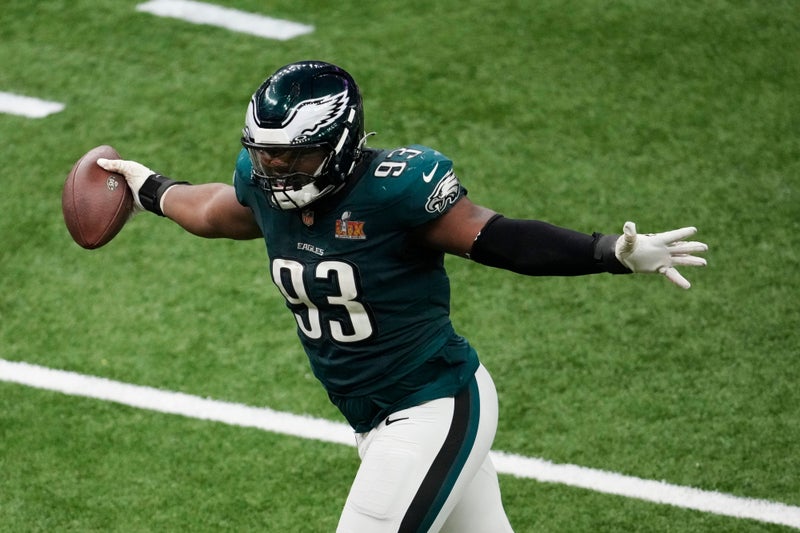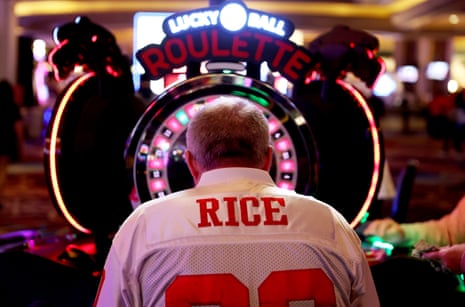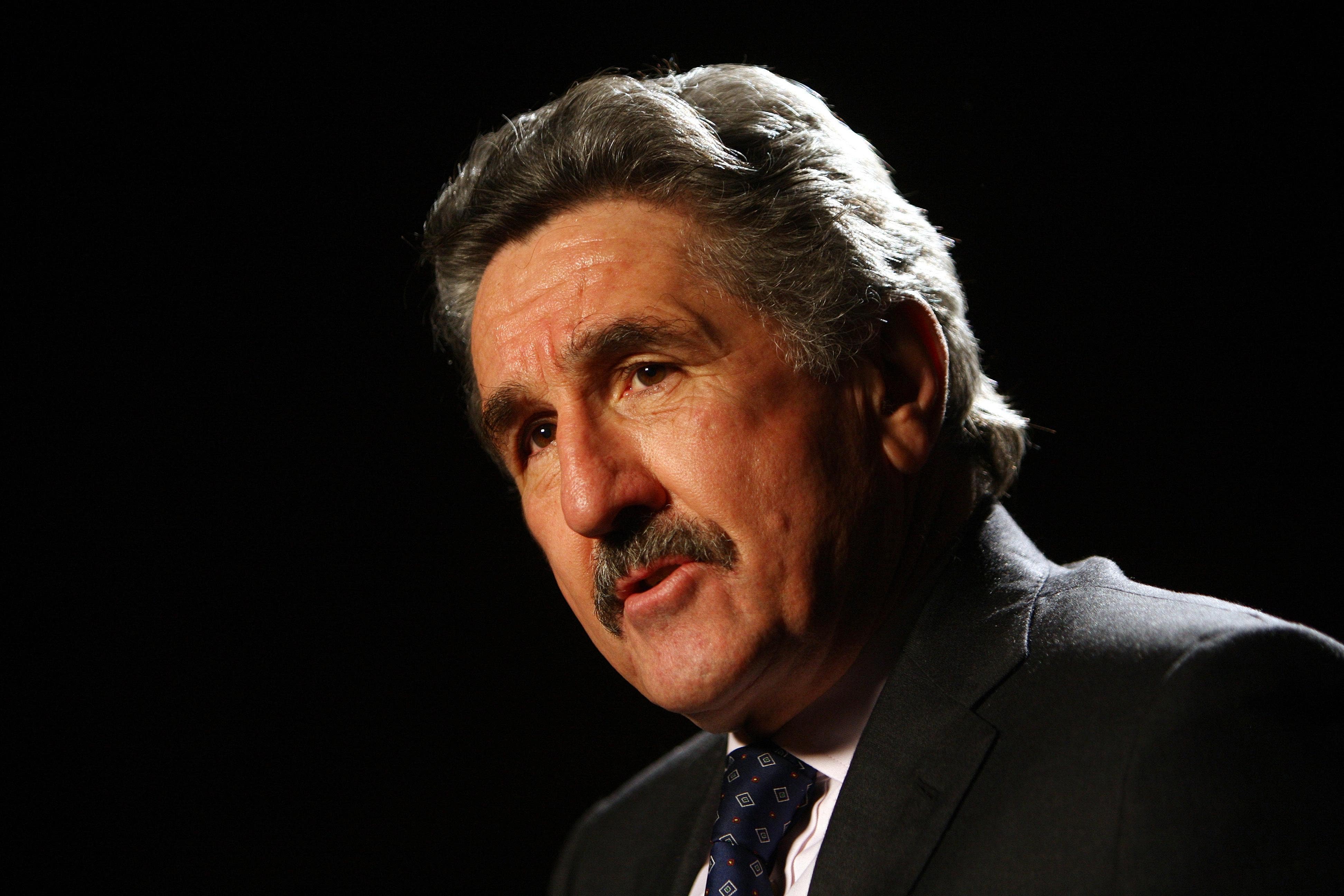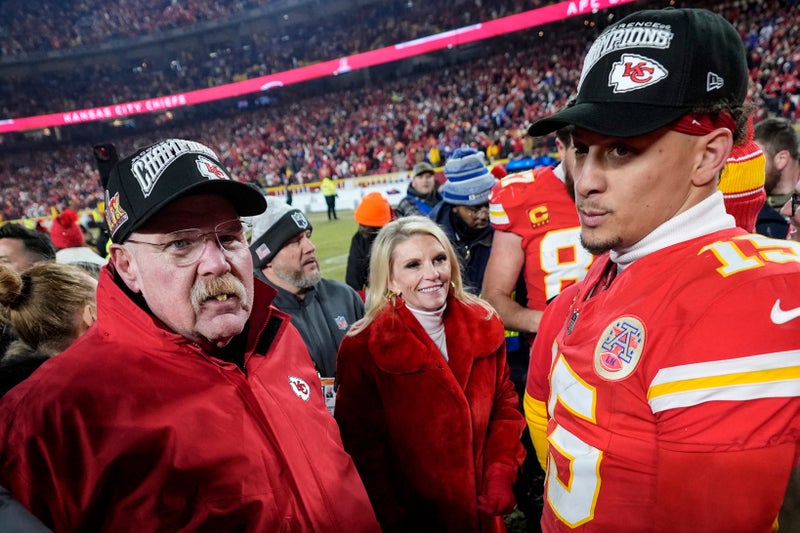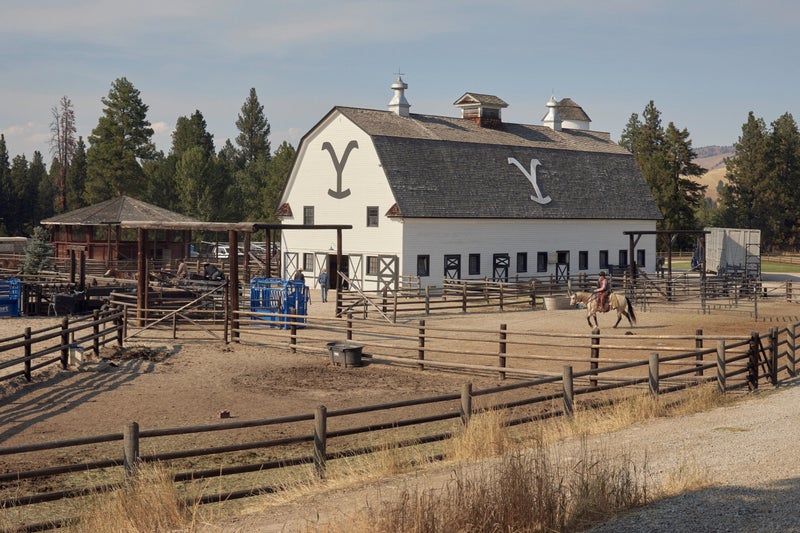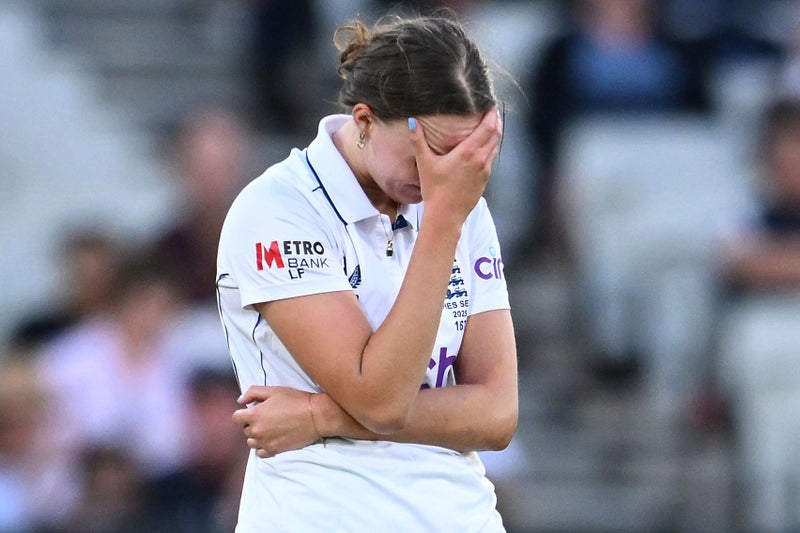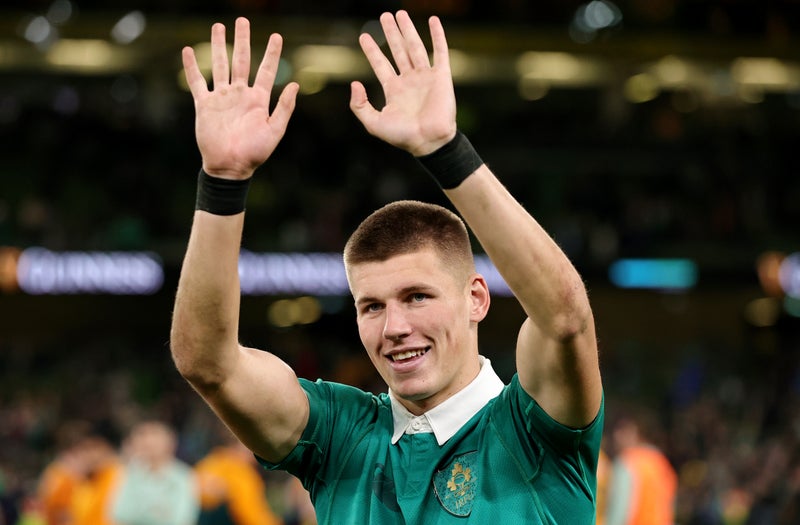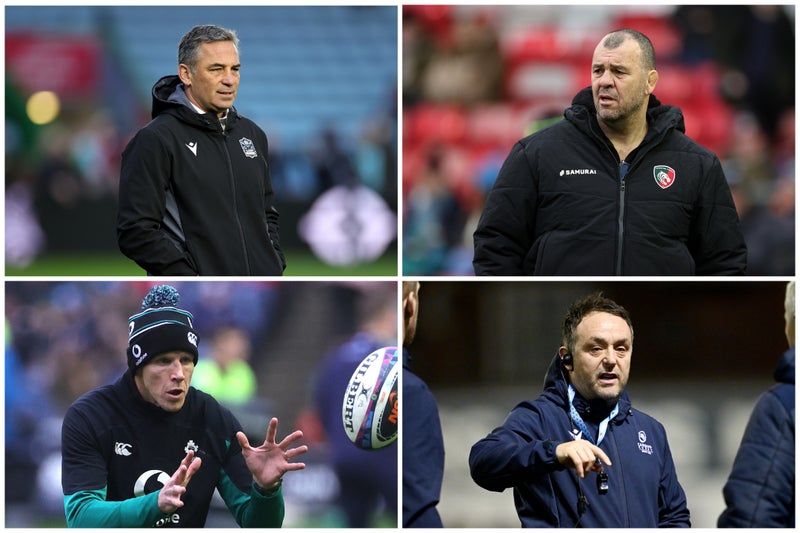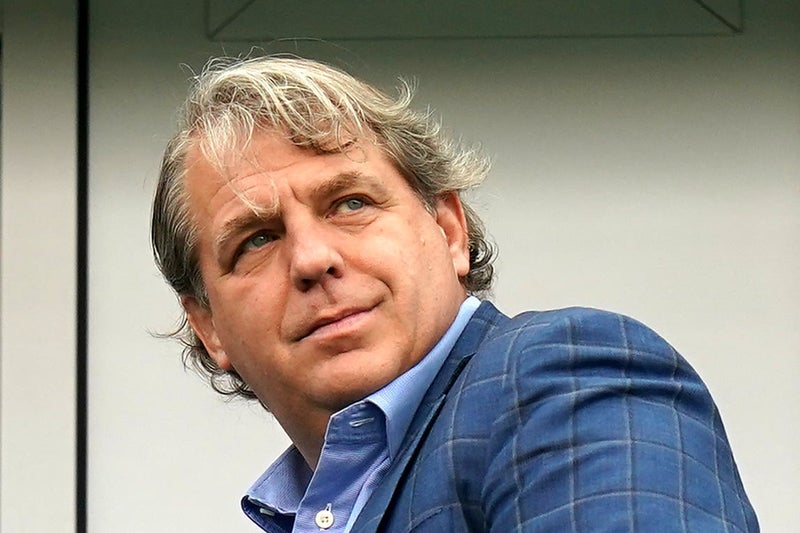The Milan star’s nine-episode docuseries is most notable in that it reveals anything at all. Deep into the third and most recent episode of the Paramount+ docuseries on Milan and United States men’s national team star Christian Pulisic – with the very does-exactly-what-it-says-on-the-tin title of Pulisic – a remarkable sight unfolds: Pulisic, coaxed by his girlfriend, reveals something of himself.
![[Leander Schaerlaeckens]](https://i.guim.co.uk/img/uploads/2025/02/20/Leander_Schaerlaeckens.png?width=75&dpr=1&s=none&crop=none)
In that scene, Pulisic and Alexa Melton, a golfer on the second-tier Epson Tour, sit at a table in his house in Italy playing a card game. He looks uncomfortable. “What feelings are hard for you to communicate to me and how can I make it easier?” Melton asks, reading off a card.
His eyes get big. He thinks about this for a beat. “All of them!” Pulisic responds. “Why?” she demands to know. He grimaces. Stutters. “Because I’m not good at sharing my feelings.”. “Why not?” she tries again. Pulisic grows more unsettled, cupping his face with his hands.
“You know this!” he finally protests. Pulisic, we learn, isn’t just introverted. He apparently has great difficulty relating his emotions to anyone at all. By this point in the episode, Pulisic has disclosed that, at age 26, Melton was his first serious girlfriend. It hadn’t occurred to him to find a partner any earlier, he says, so busy was he pursuing his soccer career. This purported celibacy dragged on for so long, he recalls, that it drew questions about his sexuality from those closest to him. But Melton, having duly fallen for him when he slid into her Instagram DMs – “Hi,” he ventured, irresistibly; “Hey,” she responded with studious coyness – has begun to crack open Pulisic’s hard shell. Or so say the various friends, family members and assorted soccer stars quoted at length on this subject.
All of which is to say: The documseries Pulisic is a strange artifact, slated to run for six more how-on-earth-will-they-fill-these episodes. One of the first subjects it explores is how improbable the series’ existence is in the first place, what with the subject’s disinterest in taking part in it. “What kinda content are you gonna get for this thing?” a bemused Clint Dempsey wonders to the camera at one point. Good question.
It is well established by now that Pulisic is deeply private, yet going by all available evidence, he also lives an uncomplicated life. (When he did the briefly-viral “Trump dance” after scoring against Jamaica in November, he seemed genuinely bewildered that anybody should see it as political.).
Pulisic himself more or less confesses that he feels obliged to do the series, kicking things off with a rather ominous disclaimer. Sign up to Soccer with Jonathan Wilson. Jonathan Wilson brings expert analysis on the biggest stories from European soccer.
after newsletter promotion. “There’s really two parts of being a professional soccer player for me,” Pulisic announces. “There’s the side of what I’m doing on the field. And, for me, everything else I do is private.”. And with that, viewers, let’s dive in!.
There’s a digression on anti-American bias in European soccer. All the Americans believe it exists. Milan legend and current senior advisor Zlatan Ibrahimović, who has commanded Pulisic to be more public, has clearly never heard about this before he’s asked and thinks it doesn’t.
Then there’s the long and oddly aggressive diatribe about how unfair Fifa’s “article 19” supposedly is for forbidding the international transfers of minors, therefore keeping underaged, single-passport Americans out of Europe’s elite footballing academies. Never mind that the rule was instituted to combat the human trafficking of children from destitute regions under the guise of talent development.
The hardier viewer is rewarded with one more rare sighting: a peek at Pulisic’s quick wit, which his teammates have long insisted exists, but which is rarely spotted in the wild. “How does it feel to date a great golfer?” Melton asks Pulisic, himself an avid golfer, as they stroll between holes on a course. “I don’t know,” he deadpans. “You tell me.”.
In giving us even a few glances at his life – the instantaneous maelstrom of admirers that envelops him whenever he ventures into Milan, for instance – Pulisic unwittingly illustrates how little his national team peers have shared of theirs. It is an inconvenient quirk of this gilded-if-not-yet-golden generation of the USMNT that it contains personalities who are interesting and engaging in private – Weston McKennie and Antonee Robinson, for instance – whoa are also seemingly unmotivated to be any more public than is strictly necessary. Much of this team sees doing media as an imposition, rather than an opportunity.
That stands in stark contrast to previous generations. The men’s national teams of the 1980s, ’90s and early 2000s would do just about anything to garner some attention for their sport and themselves, understanding innately that their economic survival depended on it. The 1980s star Rick Davis did any TV hit or clinic he could, no matter how obscure, to bang the drum for his sport. The 1990 World Cup team danced bare-chested on a beach. The 90s goalkeeper Tony Meola parlayed his soccer fame into an acting job in an off-Broadway play and a tryout as a kicker with the New York Jets. His teammate Alexi Lalas fashioned a musical career from his soccer fame, touring Europe with Hootie & The Blowfish. A certain water fountain-based photoshoot in 2002 remains the legendary residue of a willingness to agree to anything at all.












